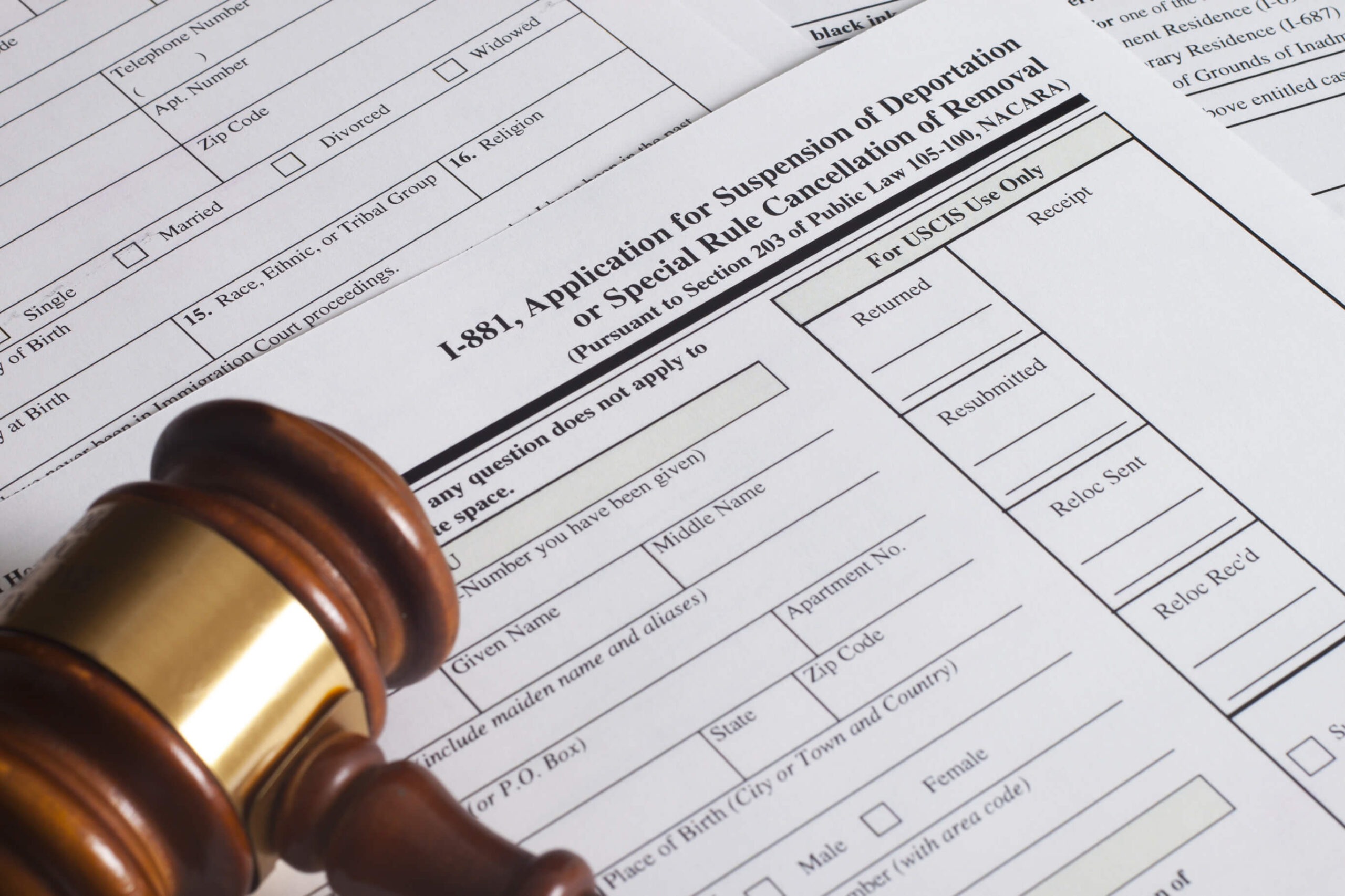Are you or a loved one facing the nerve-wracking reality of a deportation proceeding?
The fear and uncertainty can leave you feeling powerless. After all, the threat of losing your life in the U.S. looms large.
Understanding your rights in this critical situation is essential and empowering. Deportation proceedings can have many complexities. Knowing your options and protections can make a significant difference in the outcome. Discover the vital details of federal law below, and ask us for legal help today!
Understanding Deportation Proceedings
Deportation in the United States involves removal proceedings. The government takes this action when it believes an individual has violated immigration laws. Reasons for starting these proceedings vary, but they often begin after overstaying a visa or a criminal act.
The government will issue a Notice to Appear (NTA) in these circumstances. It details the reasons for deportation and calls you to appear before an immigration court.
This first official court interaction is a master calendar hearing. The court asks you to confirm your identity and whether you understand the accusations. Your responses set the direction for the proceedings that follow. You either recognize the charges or give your intention to fight the deportation.
The individual hearing is when you face removal. It is your opportunity to present your case. Your attorney can lay out the evidence, call witnesses, and articulate why you should remain. They could draw on one or more of the following:
- Close family connections
- Long-term presence in the country
- Eligibility for relief, including asylum cancellation or removal
The immigration judge will weigh your arguments against the government’s position. If the judgment goes against you, it’s crucial to know that this judgment isn’t the end of the road. There’s an option to petition the Board of Immigration Appeals.
The Right to Legal Representation
Legal representation rules differ from criminal trials for deportation hearings. You can hire an attorney for immigration court, but you do not have a right to one. The government will not provide one if you can’t afford it.
Nonetheless, hiring a skilled attorney is critical. The laws are complex and change frequently. They can help make sense of the charges, outline a defense, and represent you in court.
An attorney’s involvement goes beyond providing legal counsel. They are staunch advocates who know how to deal with the Department of Homeland Security. They can contest the reasons for deportation, advocate for relief, and build a persuasive argument. Securing their representation can be essential to ensuring fair treatment in court.
The Right to a Hearing
The right to a fair hearing is a bedrock of the American legal system. The law guarantees anyone facing removal from the U.S. has a chance to present their case. An impartial immigration judge oversees these proceedings, considers arguments, and makes the ultimate decision.
There are several entitlements to know when attending a hearing. You have the right to challenge the evidence, provide proof of your assertions, and question witnesses. This stage is vital to leveraging arguments that could stop the deportation.
The Right to Appeal
You can challenge a deportation order with the Board of Immigration Appeals (BIA). It is the highest administrative authority in matters of immigration law. However, this appeal has a strict deadline. You usually only have 30 days from the judge’s ruling to petition them.
The primary objective is to scrutinize mistakes in the ruling or argue the decision does not reflect the facts. This stage does involve new evidence. Instead, it revolves around assessing the legality of the initial judgment. The board reviews the records and decides whether the judge was justified in their ruling. They can take one of the following actions:
- Overturn the decision
- Send the case back to the immigration court
- Order the closure of the case
- Verify and approve the judge’s ruling
The Right to Interpretation Services
This right does not receive enough attention in deportation proceedings. It is crucial to ensure individuals can understand and participate in their hearings. The provision is more than just a matter of convenience. It is a vital way to ensure a fair trial. Otherwise, those who are not proficient in English could face significant disadvantages.
If necessary, you should request an interpreter as soon as possible. Courts generally have interpreters available for widely spoken language. However, the judiciary may need time to arrange this service for rarer ones. It is also worth noting that you may bring an interpreter yourself.
Talk to an Immigration Attorney About Your Deportation Proceeding
Getting through a deportation proceeding can be a challenging and intimidating experience. But you have rights within this process that can protect your future in the U.S.
It is important to seek professional guidance when you face immigration challenges. They can provide invaluable assistance by guiding you through the court system.
We encourage you to take action today by getting a referral to a local immigration attorney. You can call our representatives 24/7 at (866) 345-6784 or complete this easy form!

